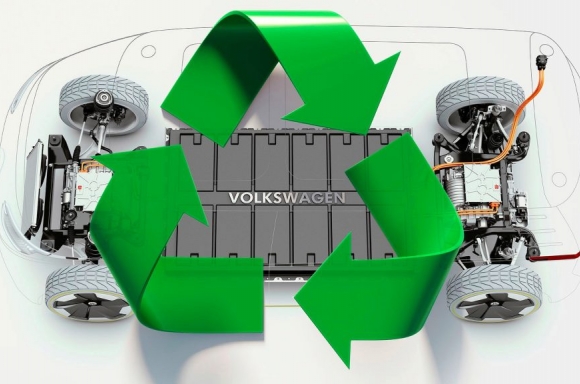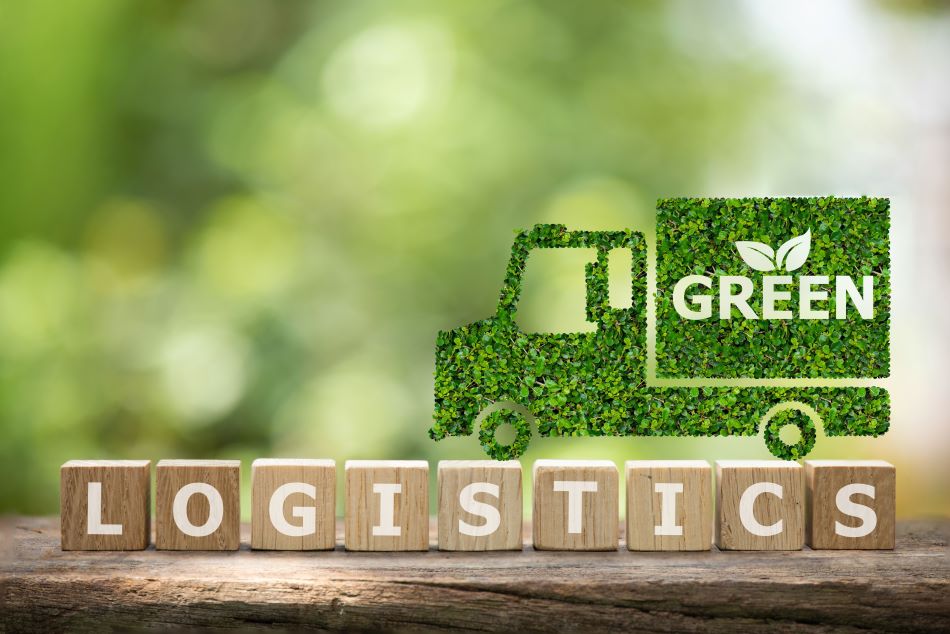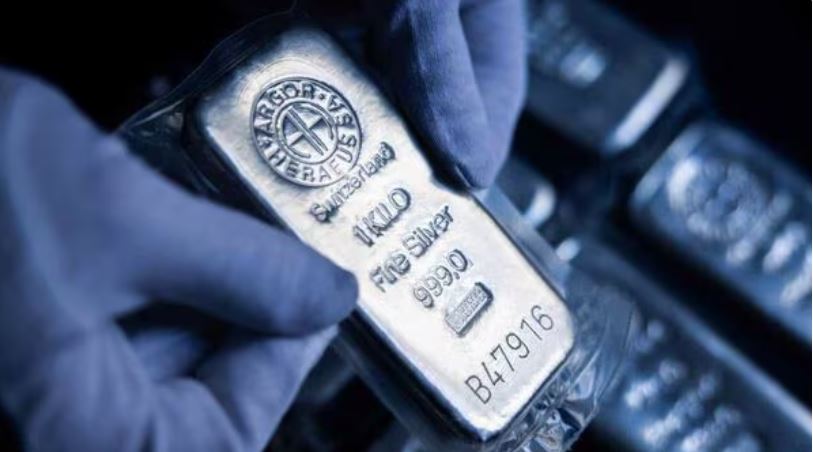A critical challenge has emerged with the accelerating adoption of electric vehicles: the recycling of batteries used in these vehicles. A challenge or an opportunity? That depends on how we perceive it.
With EV battery demand projected to surge alongside environmental concerns and regulatory pressure, the recycling of these batteries is evolving from a niche initiative to a vital component of the green mobility value chain. EV batteries have a limited life and must be replaced after that. As the production of EVs increases, the price of raw materials used in these batteries is also rising. This has prompted manufacturers to invest in recycling technologies to recover rare metals such as lithium, platinum, and vanadium.
Governments are also promoting recycling processes to reduce the overall carbon emissions caused by these vehicles. Due to these factors, the electric vehicle battery recycling market is expected to reach $10.45 billion by 2030, growing at a whopping CAGR of 61.7%. Let’s try to understand how these recycling technologies are beneficial and how government regulations influence them.
Why EV Battery Recycling is a Business Opportunity
Recycling EV batteries is not just an environmental necessity. From a business standpoint, it is a strategic imperative. Here are its key benefits:
Recovering Valuable Materials: EV batteries contain valuable metals such as lithium, cobalt, nickel, and manganese. These metals can be recovered and reused, reducing dependence on volatile mining operations and global supply chains.
Redwood Materials, founded by former Tesla CTO JB Straubel, recovers over 95% of lithium, cobalt, nickel, and copper from used batteries and reintegrates them into the battery supply chain. In September 2024, the company announced a partnership with BMW of North America to recycle batteries from all EVs in the BMW Group, including Rolls Royce, BMW Motorrad, and MINI. Prior to that, the company raised $1 billion in funding to expand its recycling operations in the U.S.
Cost Reduction in Battery Manufacturing: With rising raw material prices, recycling allows automakers and battery manufacturers to cut production costs. Recycled materials are cheaper to procure and process than their newly mined counterparts. In September 2023, a leading global lithium-ion battery resource recovery company, Li-Cycle, partnered with Glencore to build a hydrometallurgical recycling hub in Italy to produce battery-grade lithium carbonate and other critical minerals at competitive costs. Glencore is a leading producer and recycler of nickel and cobalt, which are required for the production of lithium-ion batteries.
Compliance with Regulations and ESG Goals
Regulatory compliance and Environmental, Social, and Governance (ESG) goals are becoming core pillars of business strategy. As the EV industry matures, governments are tightening laws on battery lifecycle management, and investors are scrutinizing ESG performance. Across key markets, regulatory bodies are mandating strict standards for EV battery disposal and encouraging recycling to reduce environmental impact. The EU Battery Regulation (2023), for example, requires minimum levels of the following recycled contents in new batteries by 2031:
- 85% lead
- 16% cobalt
- 6% lithium
- 6% nickel
Individual states in the U.S. are also implementing Extended Producer Responsibility (EPR) programs. Additionally, the Inflation Reduction Act (IRA) provides tax credits and incentives for using recycled battery materials in domestic manufacturing. China, the world’s largest EV market, also mandates traceability and recycling responsibility for EV manufacturers through its Battery Traceability Management Platform, compelling automakers to ensure batteries are recycled at end-of-life.
Conclusion Battery recycling plays a crucial role in achieving corporate sustainability goals. It reduces environmental degradation by decreasing mining for raw materials, lowering carbon emissions, and preventing toxic battery waste from entering landfills. Companies that fail to meet these regulations risk fines, production delays, and reputational damage.
















